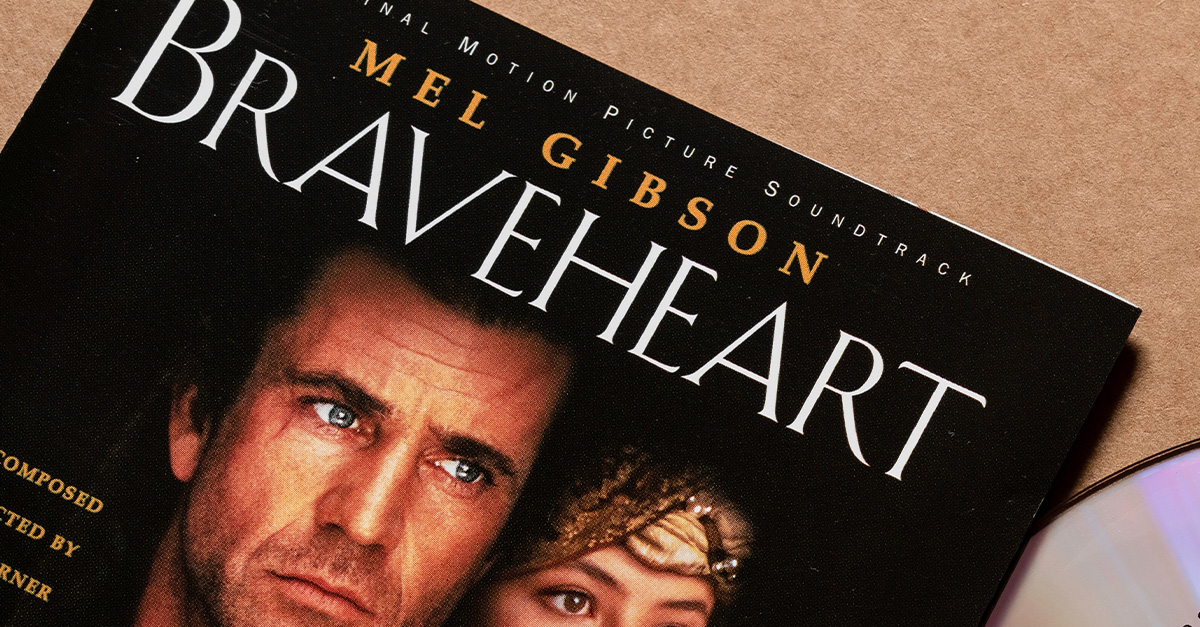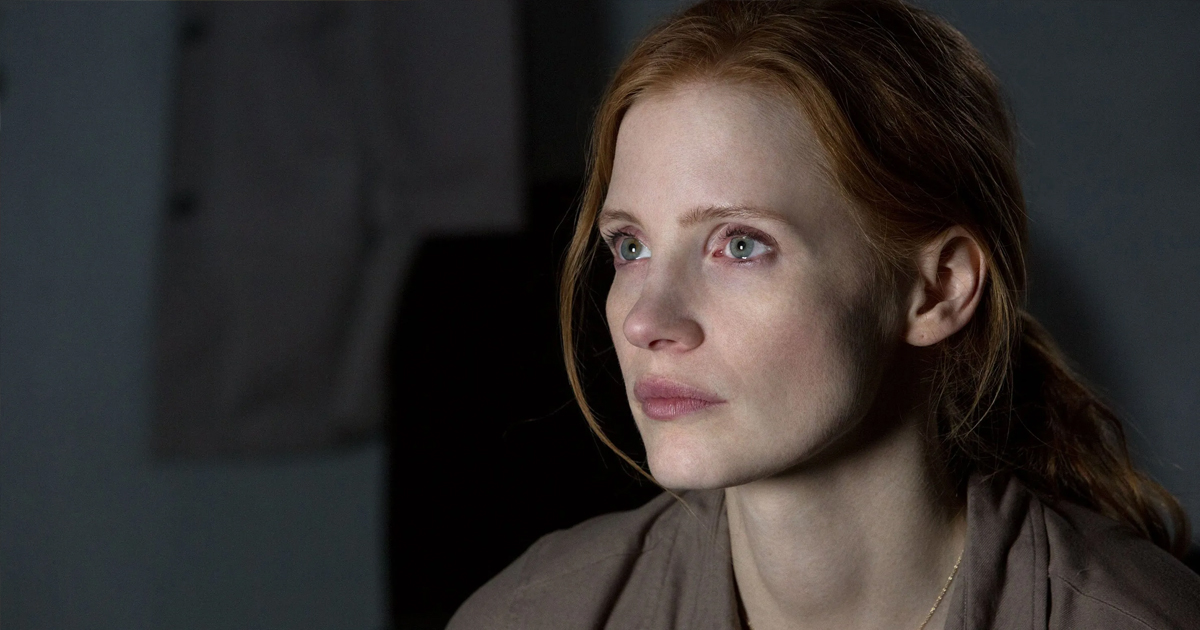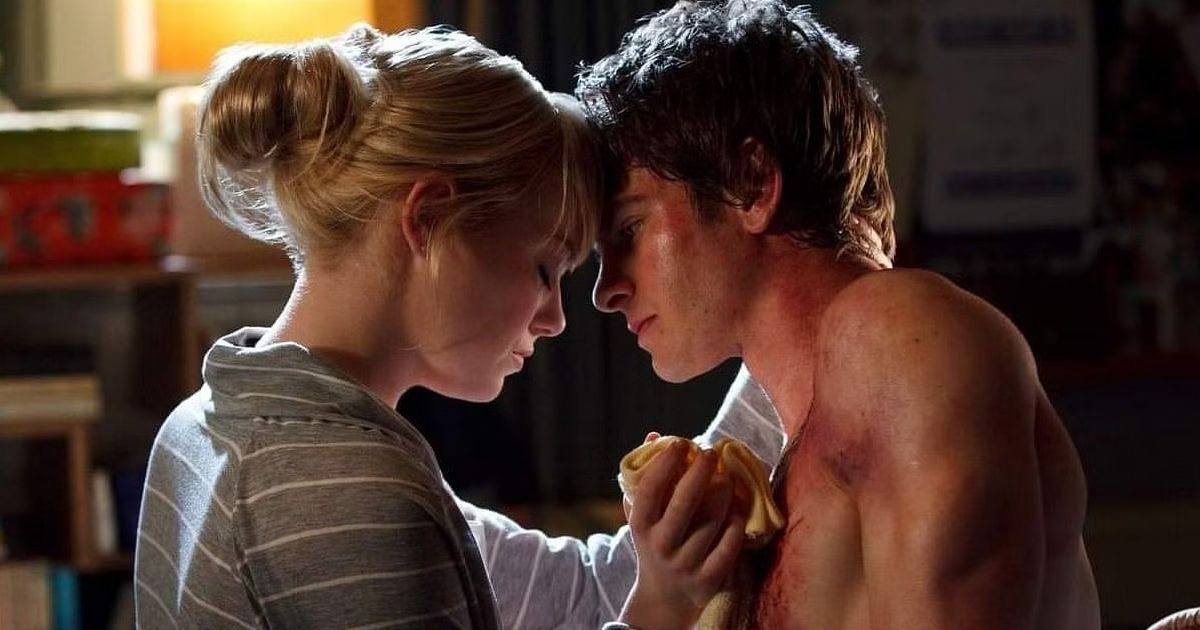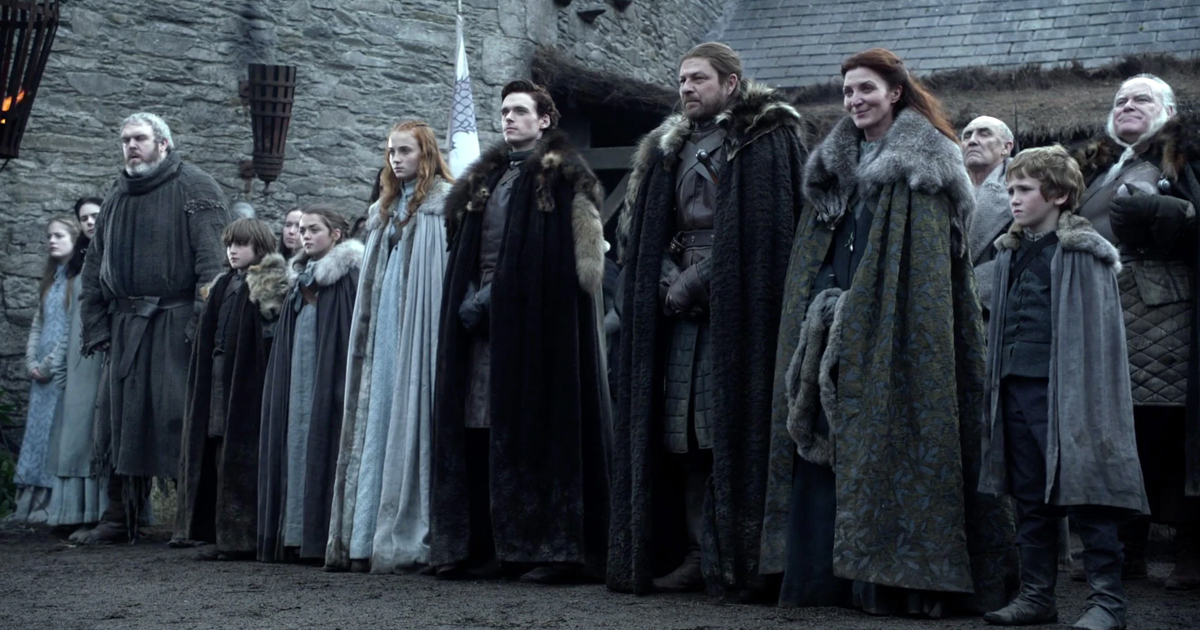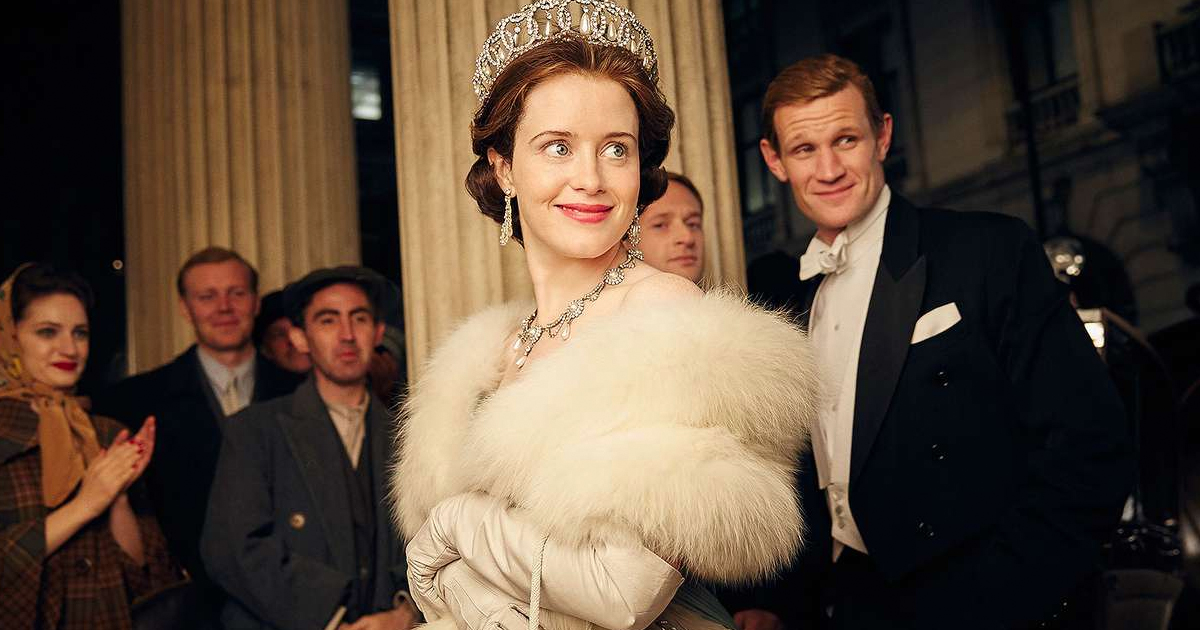These Movies Were "Based On A True Story" In Name Only
Hollywood loves to slap “Based on a True Story” across a movie poster—it’s a surefire way to add instant drama and credibility. But when it comes to truth, let’s just say filmmakers often take the scenic route. From embellished biopics to historical dramas that rewrote entire timelines, here are 25 movies that were inspired by real events... but ended up wildly missing the mark.

Braveheart
Mel Gibson’s Braveheart is an action-packed epic, but historians would rather you didn’t take notes during it. The film’s portrayal of Scottish hero William Wallace features kilts centuries before they existed, a love affair with the future Queen of France that never happened, and plenty of battlefield details that make no sense. Historically inspiring? Sure. Historically accurate? Not even close.
 Paramount Pictures, Braveheart (1995)
Paramount Pictures, Braveheart (1995)
The Greatest Showman
Everyone loves a good musical number, and The Greatest Showman delivered that in spades. But its depiction of P.T. Barnum as a charming dreamer glosses over the darker parts of his legacy—like his exploitation of people with disabilities and racist exhibits. The real Barnum was more businessman than benevolent visionary, but that wouldn’t have made for such a catchy soundtrack.
 20th Century Fox, The Greatest Showman (2017)
20th Century Fox, The Greatest Showman (2017)
Pocahontas
Disney’s Pocahontas is a childhood classic—but it’s also a historical headache. The real Pocahontas was around eleven when she met John Smith (who was nearly thirty), and their romance was completely fabricated. The film also oversimplifies the violent clash between settlers and Indigenous peoples, turning tragedy into a sing-along about harmony. Beautiful animation, misleading message.
 Walt Disney Pictures, Pocahontas (1995)
Walt Disney Pictures, Pocahontas (1995)
The Social Network
The Social Network is gripping, clever, and full of sharp dialogue—because Aaron Sorkin wrote it, not because it’s entirely true. Mark Zuckerberg didn’t really create Facebook to impress a girl, and Eduardo Saverin’s portrayal as a naive victim is also exaggerated. Still, it perfectly captured the spirit of ambition, betrayal, and hoodie-wearing tech moguls.
 Columbia Pictures, The Social Network (2010)
Columbia Pictures, The Social Network (2010)
300
Yes, the Spartans fought bravely at Thermopylae. No, they didn’t look like Calvin Klein models dipped in baby oil. Zack Snyder’s 300 is all slow-motion action and comic book-style machismo, but it leaves out the crucial detail that the Spartans weren’t exactly fighting for democracy—they were slaveholding militarists themselves. Leonidas might be cool, but history is a bit messier.
 Warner Bros. Pictures, 300 (2006)
Warner Bros. Pictures, 300 (2006)
The Imitation Game
The Imitation Game earned Benedict Cumberbatch an Oscar nomination, but it took major liberties with Alan Turing’s life. The film dramatizes his personality into that of a socially awkward loner and invents conflicts within his team that never existed. Most painfully, it reduces the tragedy of Turing’s persecution for his sexuality to a brief epilogue instead of the devastating story it really was.
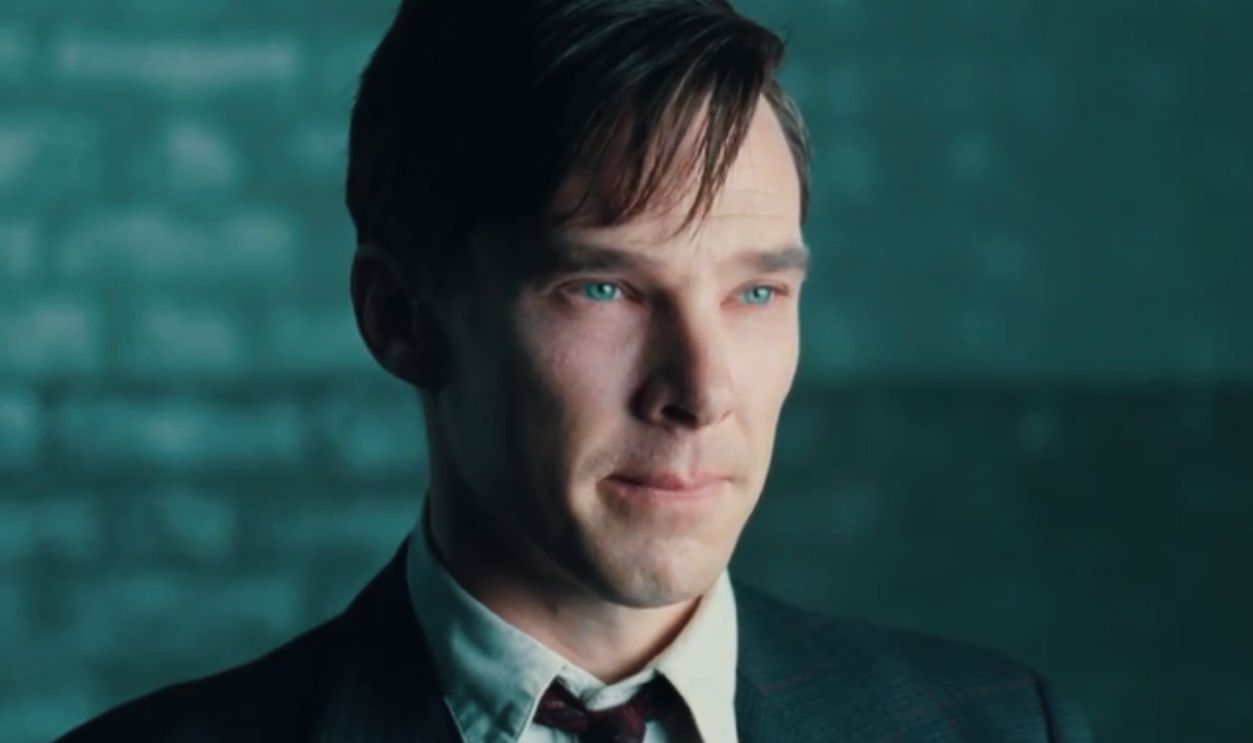 The Weinstein Company, The Imitation Game (2014)
The Weinstein Company, The Imitation Game (2014)
Cool Runnings
Feel the rhythm, feel the rhyme... feel the historical inaccuracy! Cool Runnings, about the Jamaican bobsled team at the 1988 Olympics, is pure fun—but almost pure fiction. The real team didn’t crash in a blaze of glory or win the world’s hearts that dramatically. Still, the film’s feel-good spirit and quotable lines make it easy to forgive the creative liberties.
 Walt Disney Pictures, Cool Runnings (1993)
Walt Disney Pictures, Cool Runnings (1993)
Argo
Ben Affleck’s Argo won Best Picture, but it also won the award for “most rewritten history.” While the movie makes it seem like the CIA’s fake movie plan was the sole hero of the Iran hostage rescue, Canada did most of the real heavy lifting. The tension-filled airport scene? Entirely fabricated. The truth wasn’t quite so Hollywood—but it worked out all the same.
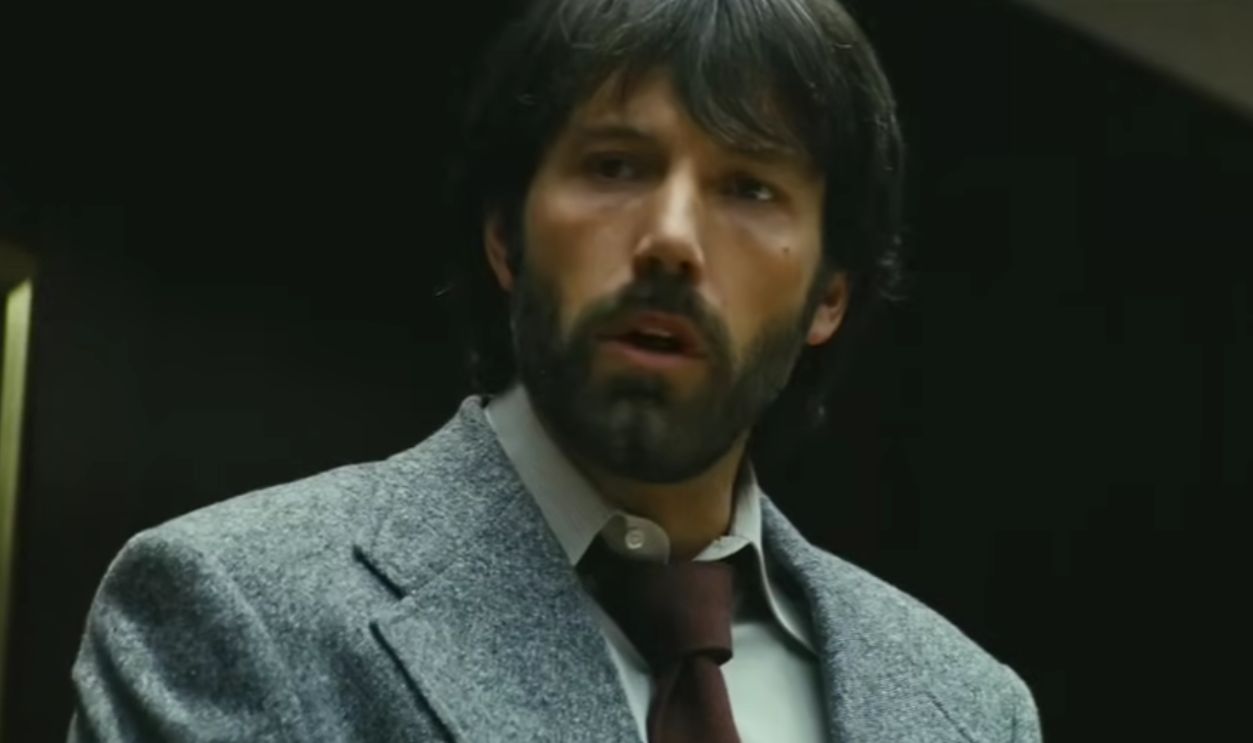 Warner Bros. Pictures, Argo (2012)
Warner Bros. Pictures, Argo (2012)
The Blind Side
The Blind Side tells the uplifting story of NFL player Michael Oher’s rise to success, but the real Oher has since said the movie distorted his life. He wasn’t clueless about football before meeting the Tuohy family, and his adoption story was more complicated than portrayed. It’s still a tearjerker—but it’s also a reminder that reality doesn’t always fit neatly into a feel-good script.
 Warner Bros. Pictures, The Blind Side (2009)
Warner Bros. Pictures, The Blind Side (2009)
A Beautiful Mind
Russell Crowe’s performance as John Nash is magnetic, but A Beautiful Mind glosses over quite a few facts. The film downplays Nash’s bisexuality, omits the existence of an illegitimate son, and sanitizes much of his mental illness to keep the narrative inspirational. Hollywood’s version of genius is often tidy—real genius, not so much.
 Universal Pictures, A Beautiful Mind (2001)
Universal Pictures, A Beautiful Mind (2001)
The Pursuit of Happyness
Will Smith gave a powerhouse performance as Chris Gardner, the homeless salesman turned stockbroker. But The Pursuit of Happyness simplifies the story into an emotional fairytale. Gardner’s real path was longer, grittier, and filled with complexities that didn’t make the cut. Still, who doesn’t love a good cry over triumphing against the odds?
 Columbia Pictures, The Pursuit of Happyness (2006)
Columbia Pictures, The Pursuit of Happyness (2006)
The Wolf of Wall Street
Jordan Belfort really did live a life of excess—but The Wolf of Wall Street made that chaos look like a frat party with better lighting. The film plays fast and loose with timelines and omits some of the darker, more exploitative sides of Belfort’s crimes. It’s a blast to watch, but let’s just say Scorsese wasn’t aiming for accuracy—he was aiming for adrenaline.
 Paramount Pictures, The Wolf of Wall Street (2013)
Paramount Pictures, The Wolf of Wall Street (2013)
The Sound of Music
It’s impossible not to hum along to The Sound of Music, but if you’re expecting a documentary about the von Trapp family, think again. The movie alters the timeline, changes the children’s names, and turns their escape from Austria into a mountain-climbing epic (they actually took a train). Still, it’s hard to get mad when “Do-Re-Mi” is stuck in your head.
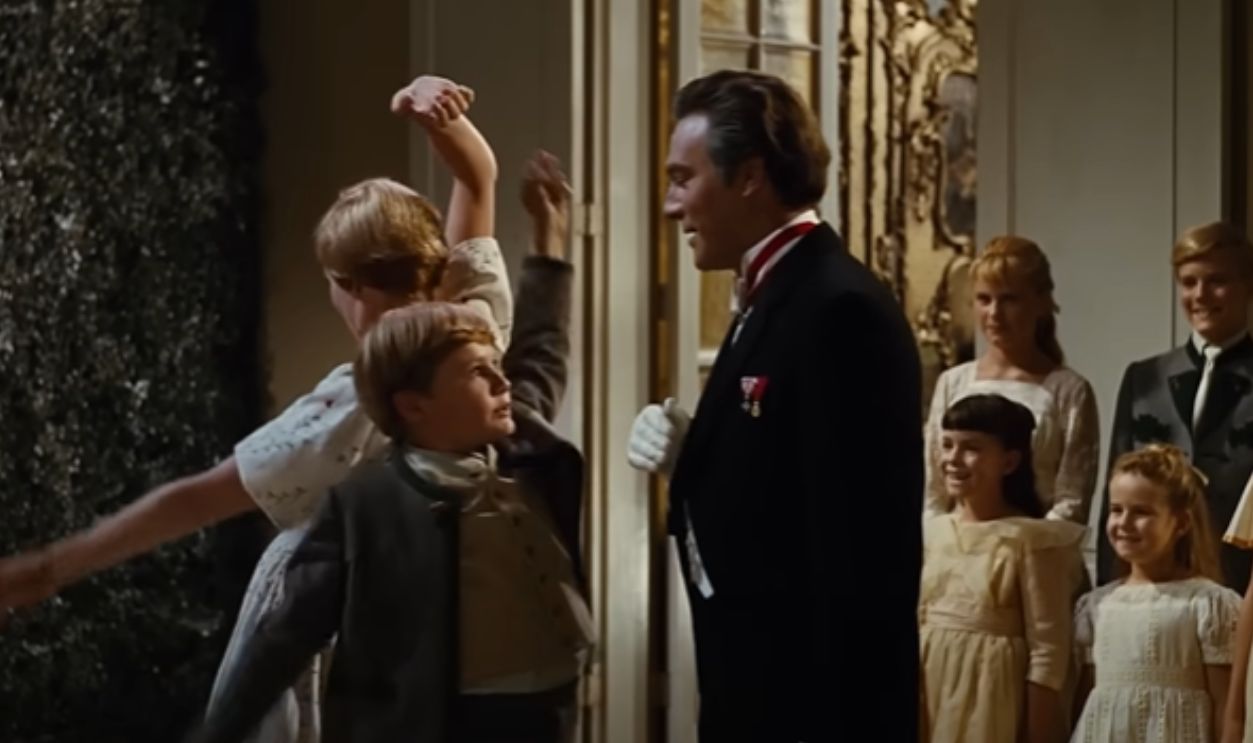 20th Century Fox, The Sound of Music (1965)
20th Century Fox, The Sound of Music (1965)
The Texas Chainsaw Massacre
Yes, The Texas Chainsaw Massacre was “inspired by true events.” No, there was no chainsaw-wielding family in rural Texas. The real-life murderer Ed Gein—who lived in Wisconsin—did inspire Leatherface, but the movie turned a solitary, psychologically disturbed man into a nightmarish clan of cannibals. It’s horror gold, but not exactly historical horror.
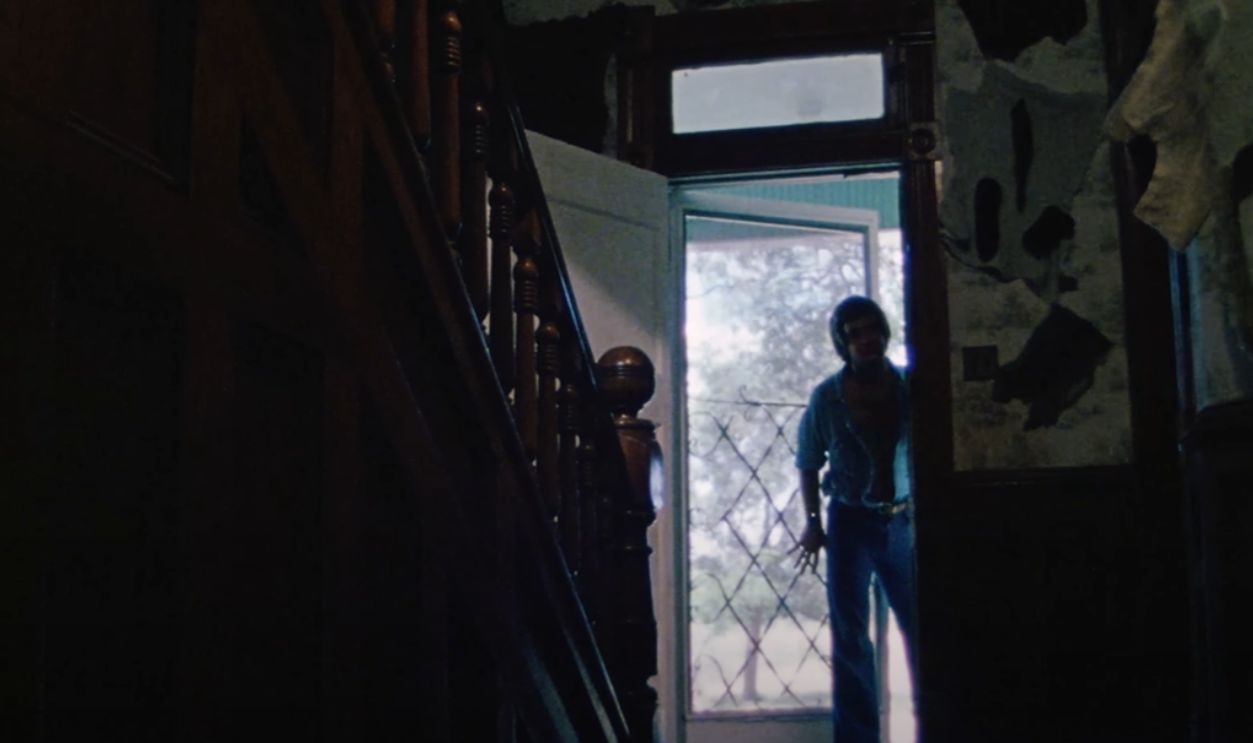 New Line Cinema, The Texas Chainsaw Massacre (2003)
New Line Cinema, The Texas Chainsaw Massacre (2003)
The Revenant
Leonardo DiCaprio’s The Revenant is a brutal survival story—but it’s also a very creative one. Frontiersman Hugh Glass did survive a bear attack, but he didn’t go on a vengeful killing spree afterward. In fact, he forgave the men who abandoned him. Still, “man crawls across wilderness and eats raw fish” made for better Oscar bait.
 20th Century Fox, The Revenant (2015)
20th Century Fox, The Revenant (2015)
Remember the Titans
Remember the Titans is a sports classic about racial unity, but the real story was less dramatic. The team had already been integrated before coach Herman Boone took over, and their “perfect season” wasn’t as miraculous as the movie suggests. But hey, that locker room dance scene? 100% legendary.
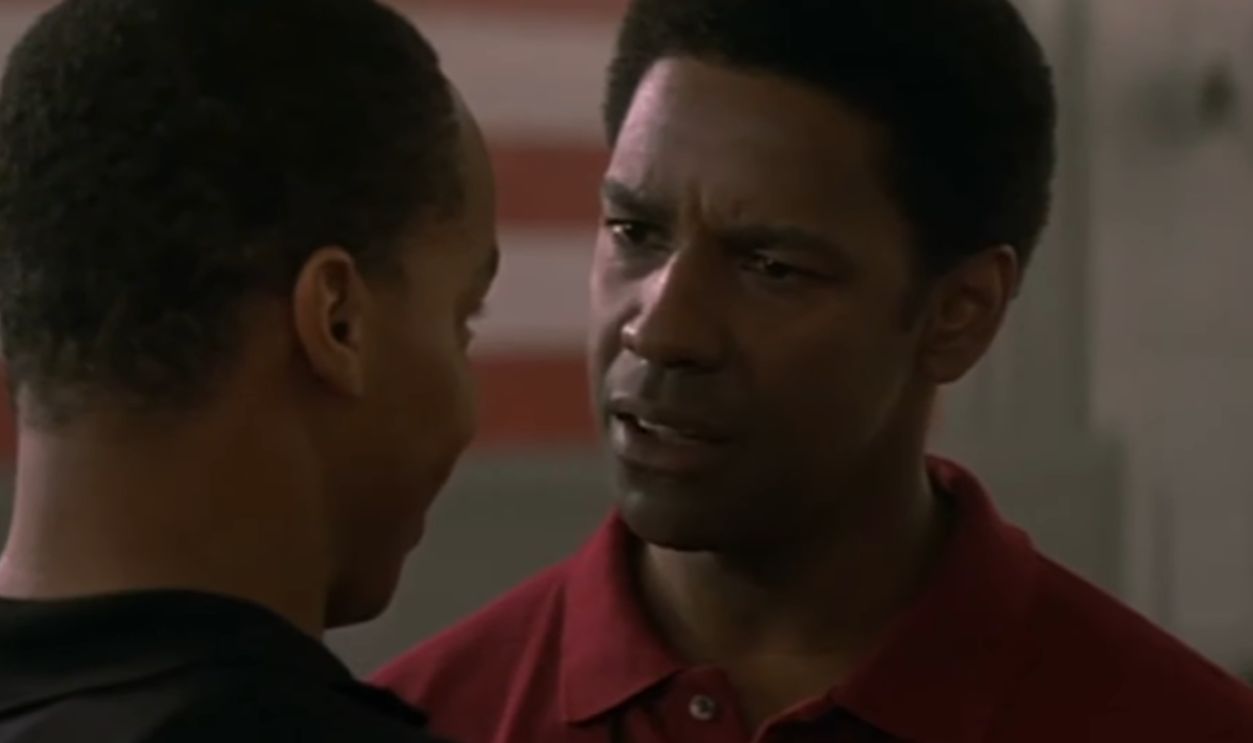 Buena Vista Pictures, Remember the Titans (2000)
Buena Vista Pictures, Remember the Titans (2000)
Bohemian Rhapsody
Bohemian Rhapsody gave us Rami Malek’s electric Freddie Mercury—but it also played fast and loose with the facts. The movie rearranges the timeline of Queen’s career, moving Mercury’s AIDS diagnosis years earlier for emotional impact. It’s powerful storytelling, sure, but not what actually happened. Still, no one’s complaining when “We Will Rock You” starts playing.
 20th Century Studios, Bohemian Rhapsody (2018)
20th Century Studios, Bohemian Rhapsody (2018)
The Perfect Storm
The Perfect Storm turns a tragic maritime event into a Hollywood thriller—but since no one survived to tell the tale, most of the story is guesswork. Dialogues, decisions, and even the storm’s specific dangers were invented. The real Gloucester fishermen deserved respect—but maybe not this much dramatic thunder.
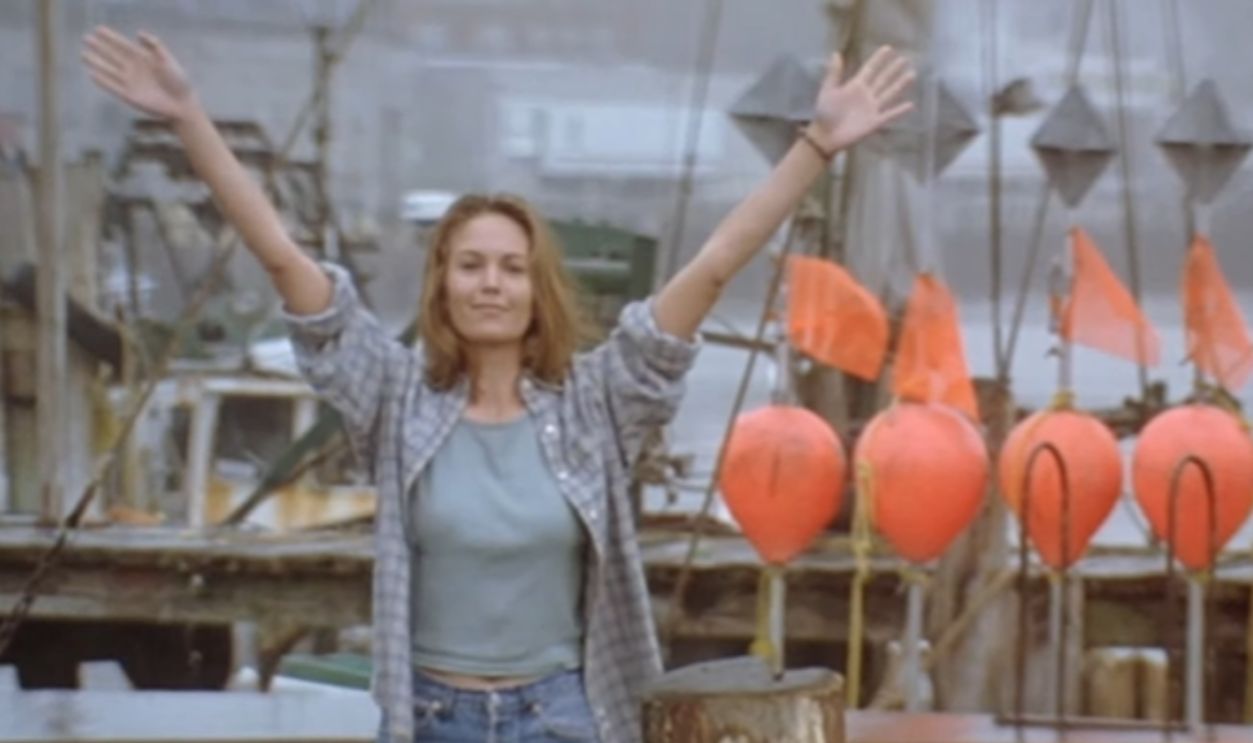 Warner Bros., The Perfect Storm (2000)
Warner Bros., The Perfect Storm (2000)
The Patriot
Mel Gibson again! The Patriot blends several Revolutionary War figures into one fictional hero, Benjamin Martin, and then lets him loose on the British in a vengeance-fueled rampage. The problem? Martin’s composite character was based partly on a man who actually committed war crimes. The film’s depiction of British soldiers as cartoon villains didn’t help either.
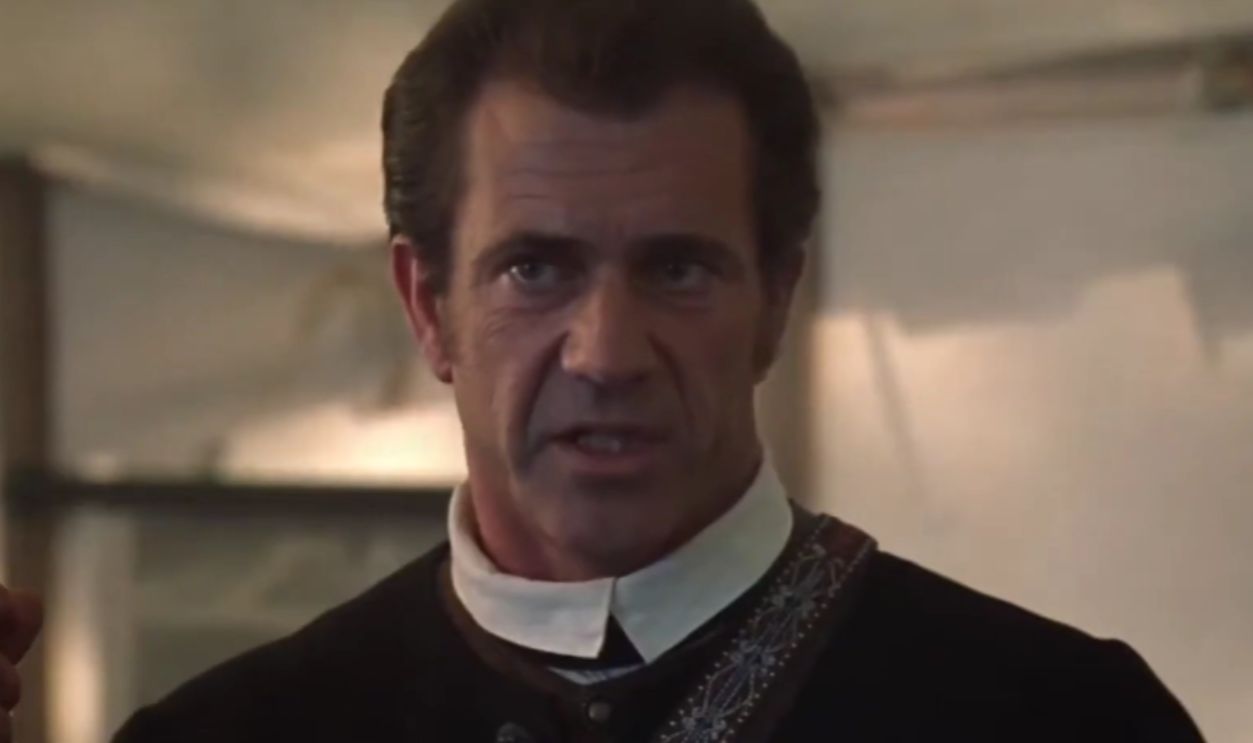 Columbia Pictures, The Patriot, 2000
Columbia Pictures, The Patriot, 2000
American Sniper
Clint Eastwood’s American Sniper made Chris Kyle a household name—but it’s not a documentary. The film inflates his kill count, dramatizes fictional encounters (like a showdown with a rival sniper), and avoids many of the moral questions surrounding the Iraq War. It’s patriotic cinema, not nuanced history.
 Warner Bros. Pictures, American Sniper (2014)
Warner Bros. Pictures, American Sniper (2014)
Catch Me If You Can
Frank Abagnale Jr. really was a con man—but not quite the charming genius that Catch Me If You Can makes him out to be. Investigations have shown that many of his most famous scams were exaggerated or never happened at all. Turns out, the greatest con of all might’ve been convincing Spielberg to film his life story.
 DreamWorks Pictures, Catch Me If You Can (2002)
DreamWorks Pictures, Catch Me If You Can (2002)
Titanic
We all cried when Jack slipped into the icy Atlantic, but Titanic takes plenty of creative liberties. Jack and Rose never existed, and their romance was invented to humanize the tragedy. Still, the movie’s attention to detail in depicting the ship itself—and that unforgettable theme song—make it one of the most beloved inaccuracies ever filmed.
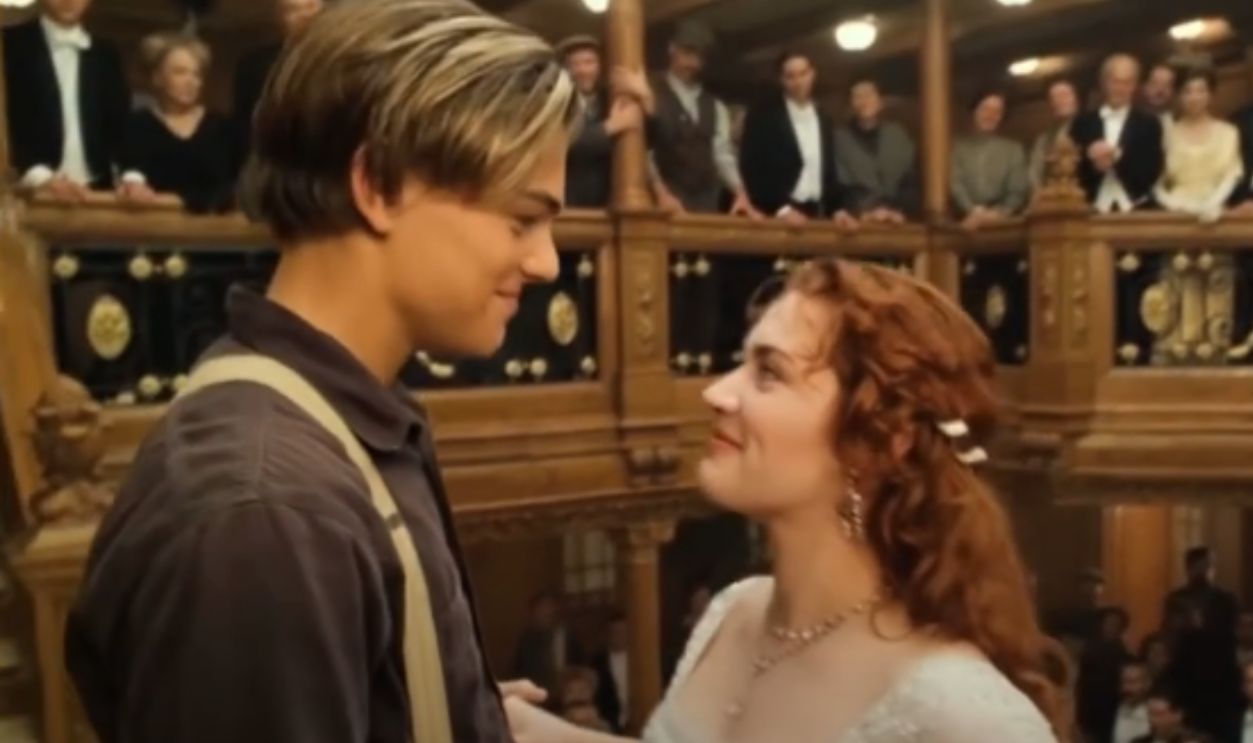 Paramount Pictures, Titanic (1997)
Paramount Pictures, Titanic (1997)
The Untouchables
Brian De Palma’s The Untouchables pits Eliot Ness against Al Capone in a battle of good versus evil, but history tells a quieter story. Ness didn’t personally kill Capone’s men in bloody shootouts or throw mobsters off rooftops. In fact, Capone was mostly undone by accountants, not bullets. But “The Accountants” just doesn’t have the same ring.
 Paramount Pictures, The Untouchables (1987)
Paramount Pictures, The Untouchables (1987)
U-571
U-571 claims American sailors captured a German Enigma machine during WWII. The real story? The British did it months earlier. In fact, the movie caused diplomatic tensions because it erased the genuine heroes of Bletchley Park. Hollywood later admitted the error, but by then, the Oscars had already rolled in.
 Universal Pictures, U-571 (2000)
Universal Pictures, U-571 (2000)
Patch Adams
Robin Williams’ portrayal of Dr. Hunter “Patch” Adams is heartwarming—but the real Patch was less than thrilled. The film oversimplified his philosophy, ignored much of his activism, and turned him into a quirky clown doctor rather than a radical healthcare reformer. The real Adams called it “shallow” and said it missed the entire point of his work.
 Universal Pictures, Patch Adams (1998)
Universal Pictures, Patch Adams (1998)
The Green Book
The Green Book won Best Picture, but its inaccuracies sparked serious controversy. The film centers on the friendship between pianist Don Shirley and his driver Tony Lip—but Shirley’s family said it exaggerated their closeness and downplayed the racism Shirley faced. The story works as a buddy comedy, but not as reliable history.
 Universal Pictures, Green Book (2018)
Universal Pictures, Green Book (2018)
Which Is Your Greatest "Based On A True Story" Blunder?
“Based on a true story” might sell tickets—but “loosely inspired by real life” would be far more honest. Whether it’s for dramatic tension, romance, or just a better ending, Hollywood never met a fact it couldn’t bend. Still, even the most inaccurate stories can capture a deeper truth: our need for heroes, hope, and a good two hours of escapism.
 Paramount Pictures, Titanic (1997)
Paramount Pictures, Titanic (1997)
You May Also Like:
We All Wish We Could Find Love Like These Iconic Movie Couples
These are the best romantic French films you can stream with subtitles today.

